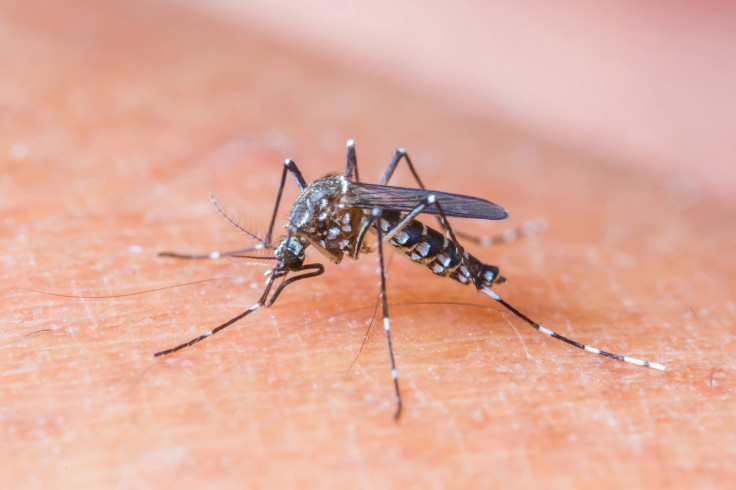Dengue And Chikungunya Viruses Pose 'Imminent Threat' Of Outbreak In Florida This Summer

Things aren’t looking too good for Florida this summer. It was only last week a young woman got bit in the leg by a bull shark in the Fort Lauderdale waters, and now two mosquito-borne diseases are posing a serious threat to residents and visitors of the Sunshine State.
Health officials are warning those in the Florida area to take steps to control the mosquito populations in order to halt the spread of two serious mosquito-borne diseases: dengue fever and chikungunya, Reuters reported. There are already scattered cases of both diseases, and experts are worried the state may be on the cusp of an outbreak. "The threat is greater than I've seen in my lifetime," said Walter Tabachnick, director of the Florida Medical Entomological Laboratory in Vero Beach, Reuters reported.
Imminent Threat
As of last week, there have been 24 confirmed cases of dengue fever and 18 confirmed cases of chikungunya. All cases occurred in individuals who traveled to the Caribbean or South America recently. Both diseases are spread by mosquitos, and experts worry that local pests may pick up the viruses by biting infected individuals. "Sooner or later, our mosquitoes will pick it up and transmit it to us. That is the imminent threat," Tabachnick added. If and when this occurs, Florida will find itself in the midst of an outbreak.
Lessen the Threat
In order to lessen the risk of outbreak in either disease, the public is urged to aid in helping keep down the mosquito population. The insects breed in stagnant water. By getting rid of any standing bodies of water, including those as small as buckets and rain barrels, the mosquito population may be controlled. "If there is public apathy and people don't clean up the yards, we're going to have a problem," Tabachnick said.
What are these diseases?
Dengue is a flu-like disease. According to the Centers for Disease Control and Prevention about half of infected people show no symptoms. For the other half, it causes high fever, rash, muscle pain, and joint pain. Fortunately, most patients recover in two to seven days. In severe cases, it can cause severe bleeding, a sudden drop in blood pressure, and even death. It is a very painful disease, having earned the nickname “breakbone fever.” There is no cure or vaccination for the disease; patients can only be treated for its symptoms. Thankfully, like the common chickenpox, once an individual is infected with dengue, they are immune to the virus for the rest of their lives.
Chikungunya is similar to dengue disease. It also causes fever, rash, muscle pain, and joint pain. Chikungunya, like dengue, is extremely painful. Its name is derived from an African word that roughly translates as “to become contorted.” This describes the stooped appearance of its sufferers. Also like dengue, individuals become immune to the virus after initial infection.
Both diseases cause pain that can linger for years after initial symptoms have disappeared.
Caribbean Situation
Off the coast of Florida, the Caribbean is fighting an unprecedented outbreak of chikungunya. Reuters reports that, as of yet, there are more than 100,000 confirmed and suspected cases of the virus. In the Dominican Republic alone, there are more than 53,000 suspected cases, and hospitals in some areas of the country are seeing over a hundred new cases each day. Thankfully, the death toll remains relatively low. As of June 2, the total number of deaths for the entire Caribbean area had only reached 14.



























